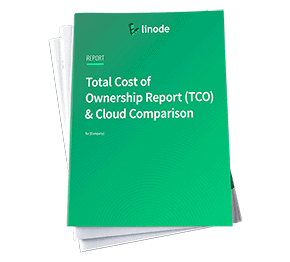Filters
Guides - Linode Kubernetes Engine (LKE)
Updated , by Linode
The Linode CLI is a wrapper around the Linode API that allows you to manage your Linode account from the command line. Virtually any task that can be done through the Linode Manager can be done through the CLI, making it an excellent tool for scripting.
Lists current Kubernetes Clusters available on your account:
linode-cli lke clusters-listCreate a Kubernetes Cluster. The Kubernetes Cluster will be created asynchronously. You can use the events system to determine when the Kubernetes Cluster is ready to use:
linode-cli lke cluster-create \ --label cluster12345 \ --region us-central \ --k8s_version 1.16 \ --node_pools.type g6-standard-4 --node_pools.count 6 \ --node_pools.type g6-standard-8 --node_pools.count 3 \ --tags ecommUpdate Kubernetes Cluster:
linode-cli lke cluster-update $cluster_id \ --label lkecluster54321 \ --tags ecomm \ --tags blog \ --tags prod \ --tags monitoringDelete a Cluster you have permission to
read_write:linode-cli lke cluster-delete $cluster_idList all active Node Pools on a Kubernetes Cluster:
linode-cli lke pools-list $cluster_idCreate a Node Pool on a Kubernetes Cluster:
linode-cli lke pool-create $cluster_id \ --type g6-standard-4 \ --count 6Update Node Pool in a Kubernetes Cluster. When a Node Pool’s count is changed, the Nodes in that pool will be replaced in a rolling fashion.
linode-cli lke pool-update $cluster_id $pool_id \ --count 6Delete a Node Pool from a Kubernetes Cluster:
linode-cli lke pool-delete $cluster_id $pool_idView the Kubeconfig file for the Kubernetes Cluster:
linode-cli lke kubeconfig-view $cluster_id
Other actions are available. Use linode-cli lke --help for a complete list.
This page was originally published on



